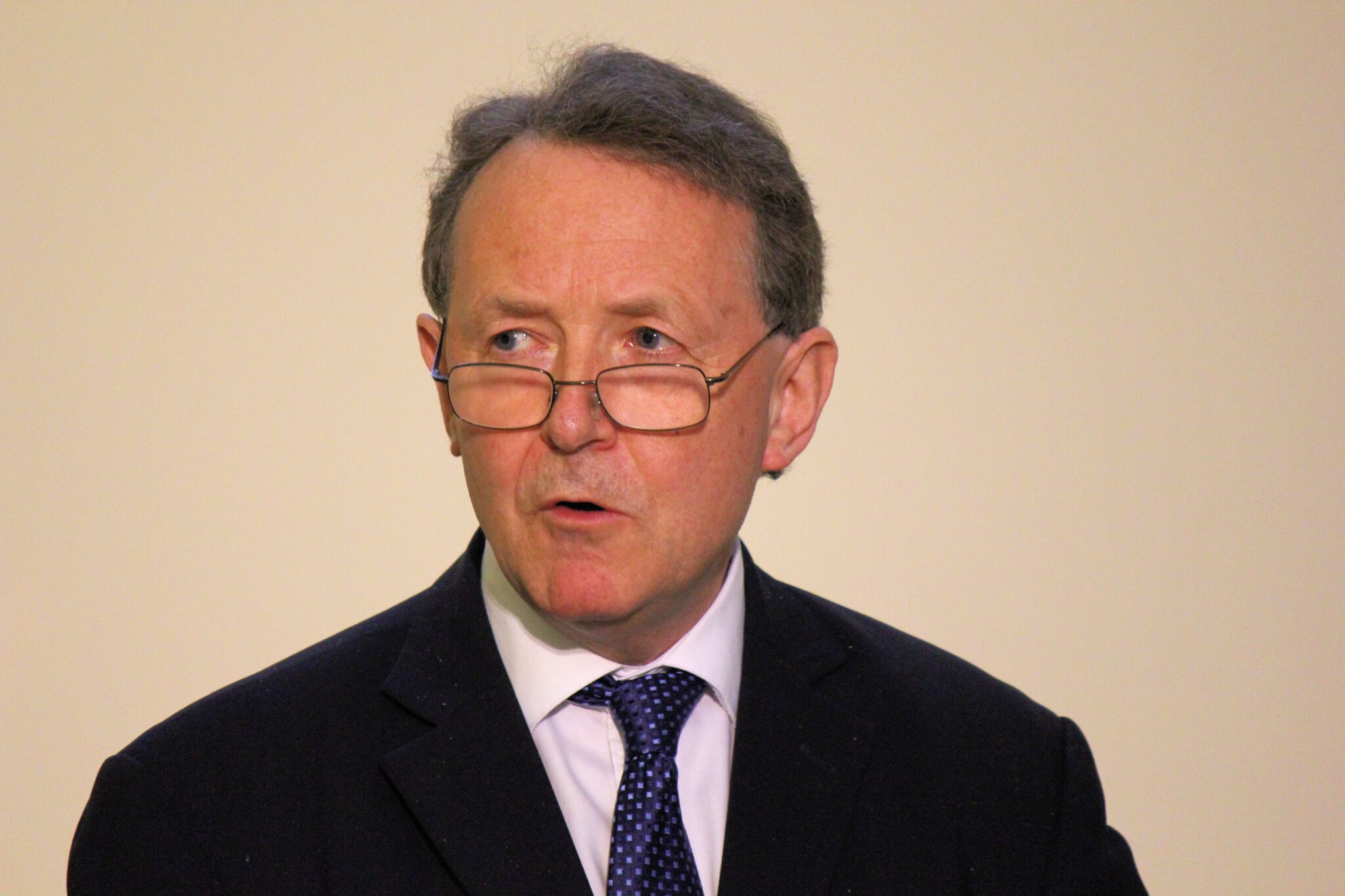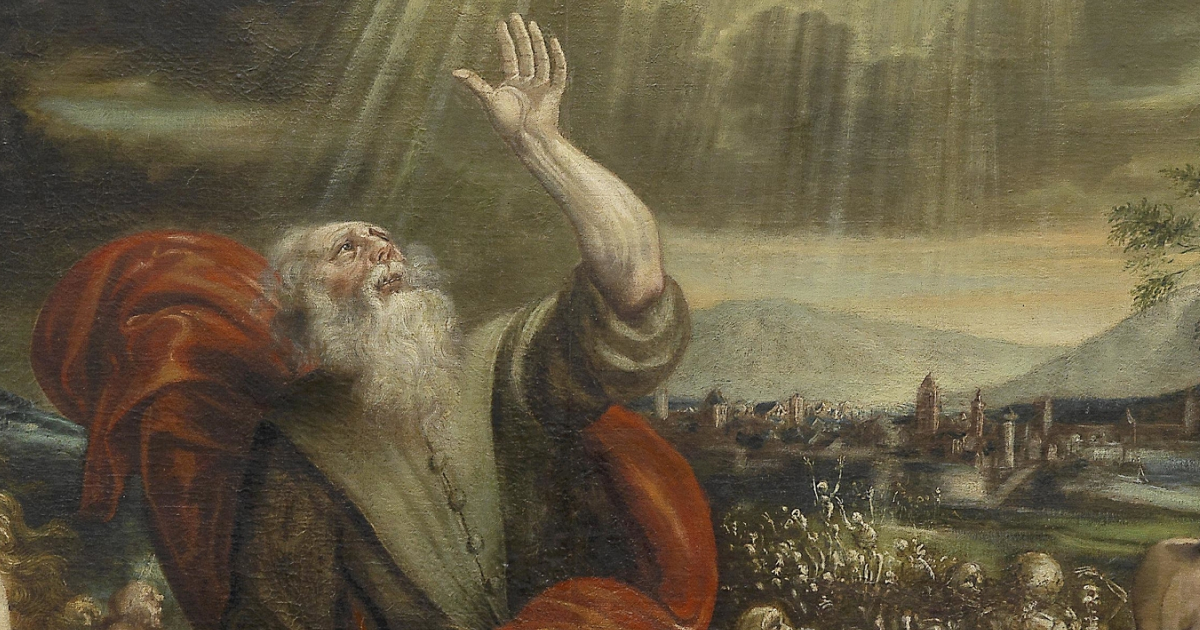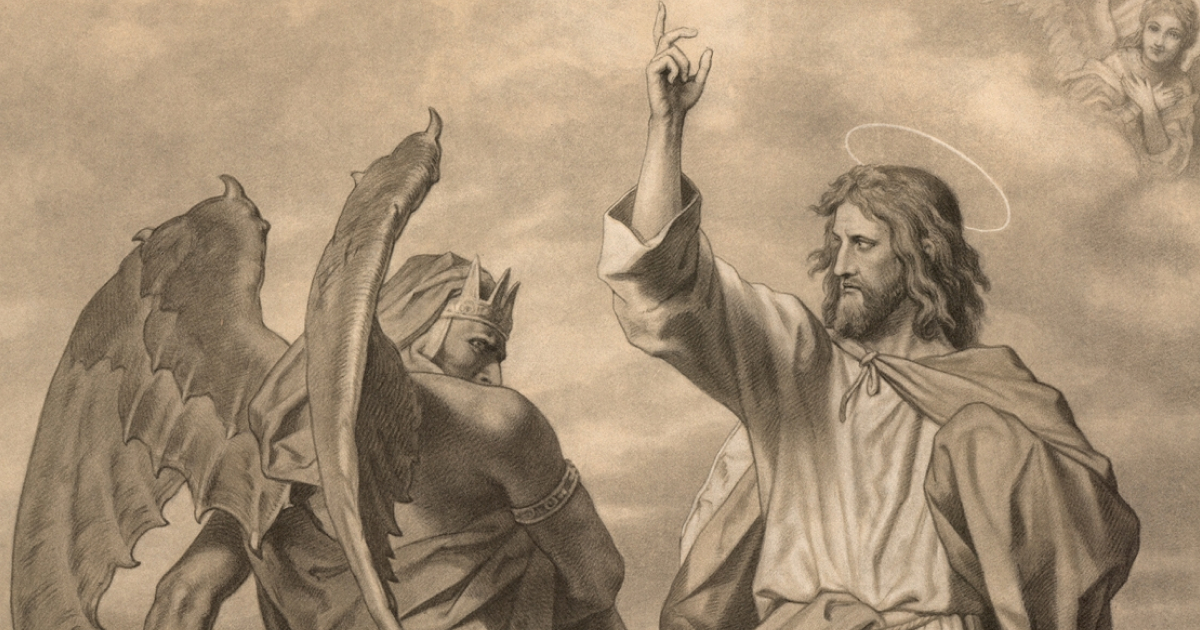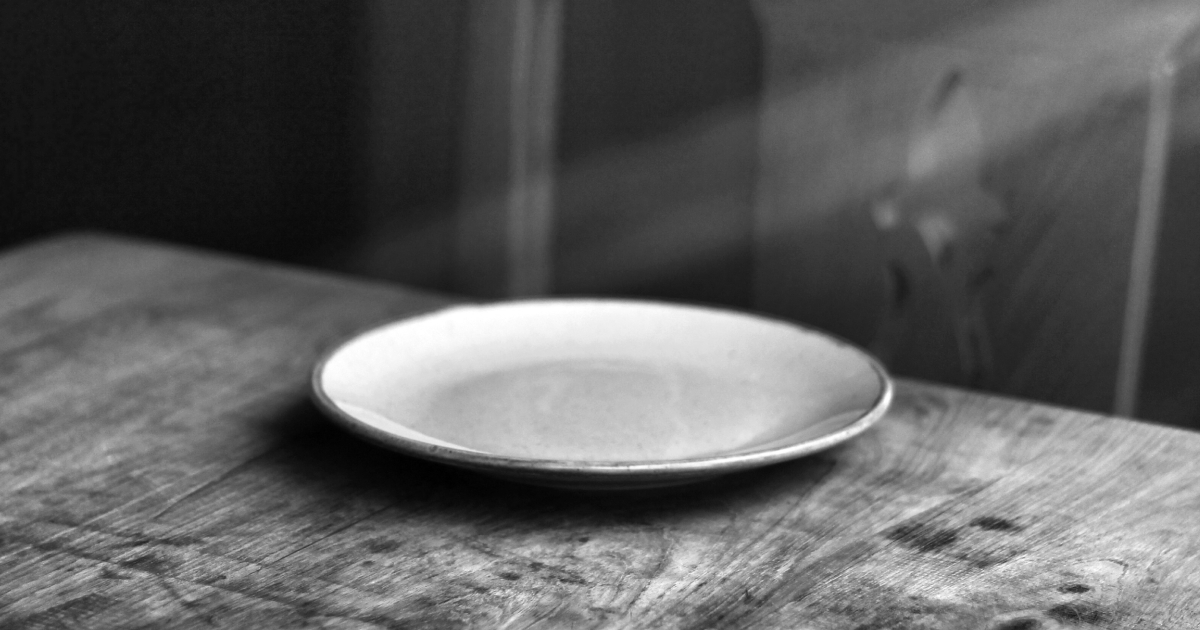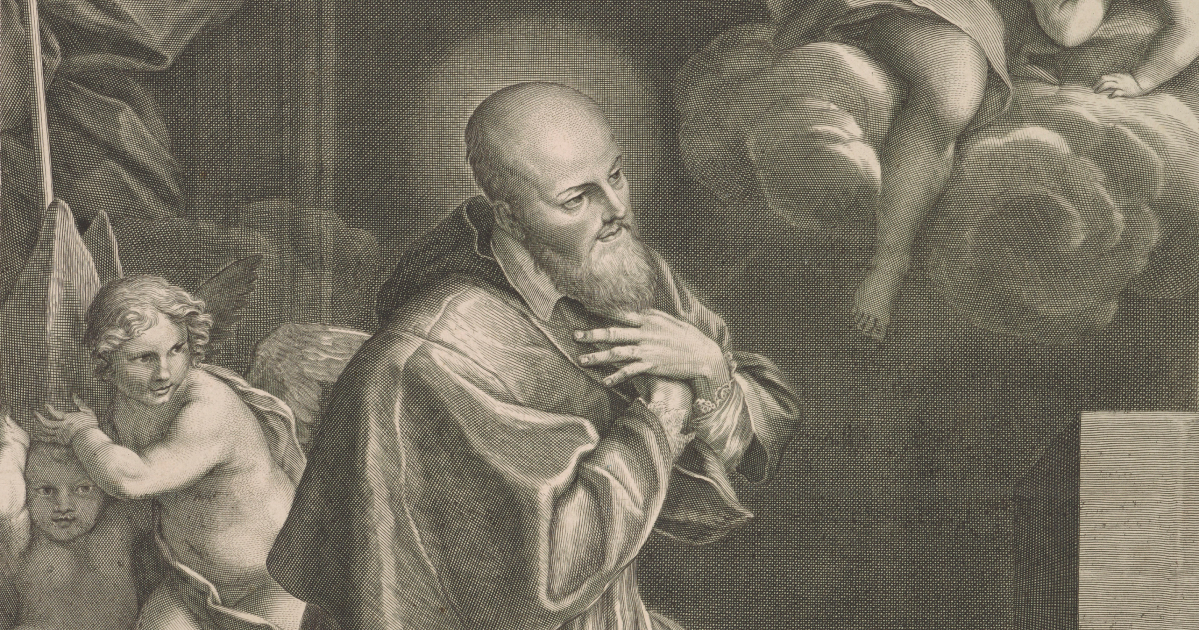Like so many people in this country, I have long admired Lord Alton of Liverpool. He has been a great credit to the Catholic Church by acting fearlessly in the public square on behalf of pre-born. For decades he has worked courageously and tirelessly against the sharp and often cruel grain of public opinion to do the right thing for the right reason.
In a week in which the strange acceleration of the legitimising of killing our citizens suddenly exploded exponentially, it is a great relief to know that he is still at the heart of the process of legislative review and influence.
You can listen to him yourself in the forthcoming recording of Merely Catholic, the Catholic Herald’s podcast.
As we discussed the ethics and the theology together, I took something of a purist line, and was reminded of the constant need for a degree of pragmatism as Lord Alton described the way in which he had been part of building a wider consensus among peers whose first commitment and inspiration was to shared human rights.
There is a time and a place for making the argument that the whole culture of human rights is derivative - that it flows from the elevated status of the recognition that we are made in the image and likeness of God. Without this unique Christian insight into the human condition, the alternative philosophical views slip into darker, more mechanical and inhuman transactions of social exchange.
Lord Alton remained optimistic that the “coalition of conscience” he had played his part in building would bring a serious and effective vigour to the process of scrutinising what we have all agreed looks like appallingly bad legislation.
The shock of this last week or so has been profound. We were forced into the terrible realisation that the combination of the changes to the abortion laws and then the success of the assisted suicide legislation, have profoundly changed the values that define our society.
Within the course of one week, the religious, spiritual and moral inheritance of the Christian influence has been replaced.
But by what?
Not everyone agrees on how the new religion or philosophy should be described. It clearly has elements of secularism, hedonism, and consumerism. The sanctity of life, that great gift of civilisation, has been replaced by convenience and a determination to avoid suffering.
At first sight this appears to be a matter of pragmatic escapism, a fleeing from pain and discomfort. But it is likely that it is more than that; that it contains a philosophical stance with a spiritual or religious element to it. We may have switched allegiance from one God to another very different set of gods.
Since human beings are religious creatures, and even sociologists acknowledge that prime values act as gods in some pragmatic as well as archetypal way, the new practices involve the invocation of different principles. They may at first sight present themselves as the pursuit of comfort and the avoidance of pain, but there is more to the process than that. The law of unintended consequences on the one hand threatens to usher in a society in which human life has become disposable. The climate of different religious spiritualities suggests that we cannot escape the implication that we are making a sacrificing of human life to placate or assuage … well what exactly? Do these new gods have names?
Activists and advocates for the millions of abortions which have been performed in our country have often found themselves resorting to the language of child sacrifice. Sacrifice at the very least to as quasi fundamentalist principle of non-negotiable feminism for example; or for the preservation of a lifestyle. But although the presentation of the aims of euthanasia seems to be about comfort, it is hard to avoid the impression that there is another aspect of it; that of shedding the elderly and infirm who no longer have a right to be a burden on society. They produce nothing, they are good for nothing, the cost a good deal. The cost of a course of chemotherapy which may not succeed could be five times that of a lethal injection, it seems. What are the implications of the economics?
One of the more chilling aspects to the new legislation was the realisation that money spent on helping people to kill themselves would inevitably be diverted from palliative care. The implication then also is that it is cheaper to encourage people to take their own lives than it is to support and care for them in their suffering.
The priorities that emerge with this new legislation suggest that the two primary values are the avoidance of pain and reduction of cost.
Much of the despair felt by those who listened to the debate in the House of Commons were astonished at the poor quality of the discussion.
When Jim Shannon, the Democratic Unionist MP, courageously tried to test the theory of what was at stake with some facts, he pointed out that after decriminalisation was introduced in New Zealand, late term abortions increased by the alarming figure of 43 per cent in the first year.
There was no relief to be found in the standard of debate when the assisted suicide Bill came before the house. Once again, the slogans were thrown around with fundamentalist aplomb.
There were what appeared to be mindless invocations of “freedom, autonomy, choice, control, rights” but they seemed alarmingly disconnected from any possible complication produced by a potential conflict of issues. So, there was nothing in the bill that required any professional to ask the applicant why wanted to die, and to explore whether or not better medication, social support or even confrontation of loneliness, might make any difference to the assumption that the patient had no other options.
Under the careful constraint of a Christian culture in which the sanctity of life was non-negotiable, our corporate feet remained safely balanced at the top of a slippery slope of ethical relativism. But the moment sanctity of life is replaced with the disposability of life under certain circumstances, such safety mechanisms as there are start to give way with an alarming rapidity.
We know what happened to the abortion law. It was intended. It was promised that it would be safe, legal and rare. It is no consolation that only one of those aims failed spectacularly. It did become safer and legal. But the death of over ten million children is not rare. And it is the death of ten million children that the legislation initiated.
What will the scale of our ambitions for disposing of the elderly and infirm turn out to be?
Much will depend upon David Alton, fired by his Catholic faith and conscience, and his coalition of good conscience that he has helped to construct in the second chamber. He deserves all the prayer, encouragement, support and gratitude we can give him.
(Photo of Lord Alton by Simon Caldwell)
Like so many people in this country, I have long admired Lord Alton of Liverpool. He has been a great credit to the Catholic Church by acting fearlessly in the public square on behalf of pre-born. For decades he has worked courageously and tirelessly against the sharp and often cruel grain of public opinion to do the right thing for the right reason.
In a week in which the strange acceleration of the legitimising of killing our citizens suddenly exploded exponentially, it is a great relief to know that he is still at the heart of the process of legislative review and influence.
You can listen to him yourself in the forthcoming recording of Merely Catholic, the <em>Catholic Herald’s</em> podcast.
As we discussed the ethics and the theology together, I took something of a purist line, and was reminded of the constant need for a degree of pragmatism as Lord Alton described the way in which he had been part of building a wider consensus among peers whose first commitment and inspiration was to shared human rights.
There is a time and a place for making the argument that the whole culture of human rights is derivative - that it flows from the elevated status of the recognition that we are made in the image and likeness of God. Without this unique Christian insight into the human condition, the alternative philosophical views slip into darker, more mechanical and inhuman transactions of social exchange.
Lord Alton remained optimistic that the “coalition of conscience” he had played his part in building would bring a serious and effective vigour to the process of scrutinising what we have all agreed looks like appallingly bad legislation.
The shock of this last week or so has been profound. We were forced into the terrible realisation that the combination of the changes to the abortion laws and then the success of the assisted suicide legislation, have profoundly changed the values that define our society.
Within the course of one week, the religious, spiritual and moral inheritance of the Christian influence has been replaced.
But by what?
Not everyone agrees on how the new religion or philosophy should be described. It clearly has elements of secularism, hedonism, and consumerism. The sanctity of life, that great gift of civilisation, has been replaced by convenience and a determination to avoid suffering.
At first sight this appears to be a matter of pragmatic escapism, a fleeing from pain and discomfort. But it is likely that it is more than that; that it contains a philosophical stance with a spiritual or religious element to it. We may have switched allegiance from one God to another very different set of gods.
Since human beings are religious creatures, and even sociologists acknowledge that prime values act as gods in some pragmatic as well as archetypal way, the new practices involve the invocation of different principles. They may at first sight present themselves as the pursuit of comfort and the avoidance of pain, but there is more to the process than that. The law of unintended consequences on the one hand threatens to usher in a society in which human life has become disposable. The climate of different religious spiritualities suggests that we cannot escape the implication that we are making a sacrificing of human life to placate or assuage … well what exactly? Do these new gods have names?
Activists and advocates for the millions of abortions which have been performed in our country have often found themselves resorting to the language of child sacrifice. Sacrifice at the very least to as quasi fundamentalist principle of non-negotiable feminism for example; or for the preservation of a lifestyle. But although the presentation of the aims of euthanasia seems to be about comfort, it is hard to avoid the impression that there is another aspect of it; that of shedding the elderly and infirm who no longer have a right to be a burden on society. They produce nothing, they are good for nothing, the cost a good deal. The cost of a course of chemotherapy which may not succeed could be five times that of a lethal injection, it seems. What are the implications of the economics?
One of the more chilling aspects to the new legislation was the realisation that money spent on helping people to kill themselves would inevitably be diverted from palliative care. The implication then also is that it is cheaper to encourage people to take their own lives than it is to support and care for them in their suffering.
The priorities that emerge with this new legislation suggest that the two primary values are the avoidance of pain and reduction of cost.
Much of the despair felt by those who listened to the debate in the House of Commons were astonished at the poor quality of the discussion.
When Jim Shannon, the Democratic Unionist MP, courageously tried to test the theory of what was at stake with some facts, he pointed out that after decriminalisation was introduced in New Zealand, late term abortions increased by the alarming figure of 43 per cent in the first year.
There was no relief to be found in the standard of debate when the assisted suicide Bill came before the house. Once again, the slogans were thrown around with fundamentalist aplomb.
There were what appeared to be mindless invocations of “freedom, autonomy, choice, control, rights” but they seemed alarmingly disconnected from any possible complication produced by a potential conflict of issues. So, there was nothing in the bill that required any professional to ask the applicant why wanted to die, and to explore whether or not better medication, social support or even confrontation of loneliness, might make any difference to the assumption that the patient had no other options.
Under the careful constraint of a Christian culture in which the sanctity of life was non-negotiable, our corporate feet remained safely balanced at the top of a slippery slope of ethical relativism. But the moment sanctity of life is replaced with the disposability of life under certain circumstances, such safety mechanisms as there are start to give way with an alarming rapidity.
We know what happened to the abortion law. It was intended. It was promised that it would be safe, legal and rare. It is no consolation that only one of those aims failed spectacularly. It did become safer and legal. But the death of over ten million children is not rare. And it is the death of ten million children that the legislation initiated.
What will the scale of our ambitions for disposing of the elderly and infirm turn out to be?
Much will depend upon David Alton, fired by his Catholic faith and conscience, and his coalition of good conscience that he has helped to construct in the second chamber. He deserves all the prayer, encouragement, support and gratitude we can give him.
<em>(Photo of Lord Alton by Simon Caldwell)</em>






